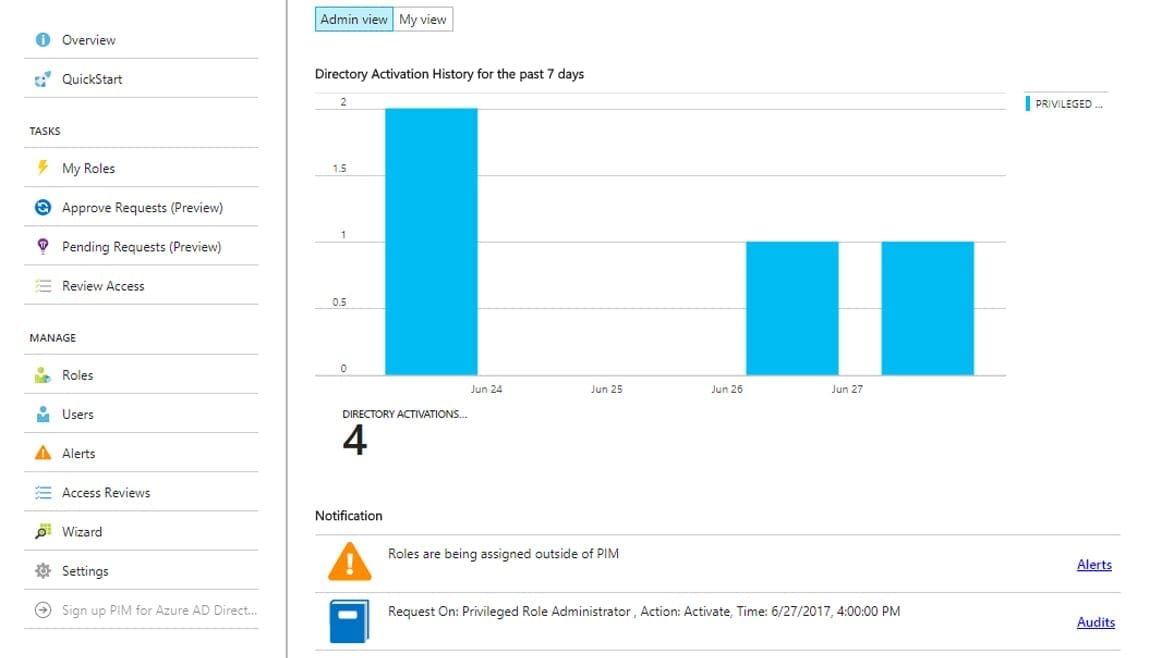Whether in reaction to changes coming from IoT devices, in response to user clicks on mobile apps, or for the initiation of business processes from customer requests, most modern applications are built through the use of events. With the growth of event-based programming, there is a larger focus on server-less platforms, such as Azure Functions (a server-less compute engine) or Azure Logic Apps (a server-less workflow orchestration engine), which enable you to spend less time worrying about any infrastructure, provisioning, and scaling, and spend more time focusing on your application.
In an attempt to make building event-based and server-less applications even easier to build on Azure, Microsoft has released Azure Event Grid, a first-of-its-kind fully managed event routing service. Azure Event Grid manages all routing of events from any source, to any destination, for any application, greatly simplifying the development of event-based applications as well as the creation of server-less workflows.
Azure Event Grid makes an event a first-class object in Azure, you can subscribe to any event that is happening across your Azure resources and react using server-less platforms like Functions or Logic Apps. In addition to the built-in publishing support for events, through services such as Blob Storage and Resource Groups, Event Grid gives users flexibility and the ability to create your own custom events to publish directly to the service. On top of having a broad array of Azure services and built-in handlers for events, like Functions, Logic Apps, and Azure Automation, Event Grid allows flexibility in handling events, supporting custom web hooks to publish events to any service, even 3rd-party services outside of Azure. The flexibility that Azure Event Grid offers allows for endless application options and makes this a truly unique service in the public cloud.
Here is how it works:
Here are some additional details of this new Azure service:
-
Events as first-class objects with intelligent filtering:
Azure Event Grid allows for direct event filtering using event type, prefix or suffix, so you only need to receive the events you care about. Whether you want to handle built-in Azure events, like a file being added to storage, or you want to produce your own custom events and event handlers, Event Grid enables this through the same underlying model. Thus, no matter the service or the use case, the intelligent routing and filtering capabilities apply to every event scenario and ensure that your apps can focus on the core business logic instead of worrying about routing events.
-
Built to scale:
Azure Event Grid is designed to be highly available and to handle massive scale dynamically, ensuring consistent performance and reliability for your critical services.
-
Opens new server-less possibilities:
By allowing server-less endpoints to react to new event sources, Azure Event Grid enables event-based scenarios to span new services with ease, increasing the possibilities for your server-less applications. Both code-focused applications in Functions and visual workflow applications in Logic Apps benefit from Azure Event Grid.
-
Lowers barriers to ops automation:
The same unified event management interface enables simpler operational and security automation, including easier policy enforcement with built-in support for Azure Automation to react to VM creations or infrastructure changes.
Today, Azure Event Grid has built-in integration with the following services:
 We are aiming to deliver more event sources and destinations later on this year, including Azure Active Directory, API Management, IoT Hub, Service Bus, Azure Data Lake Store, Azure Cosmos DB, Azure Data Factory, and Storage Queues.
We are aiming to deliver more event sources and destinations later on this year, including Azure Active Directory, API Management, IoT Hub, Service Bus, Azure Data Lake Store, Azure Cosmos DB, Azure Data Factory, and Storage Queues.
Azure Event Grid completes the missing half of server-less applications. It simplifies event routing and event handling with unparalleled flexibility.
Go ahead and give it a try. I can’t wait to see what you build. To learn more try the quick start.
Continued Reading

August 25, 2017
Azure Cloud Assessment
[vc_row gmbt_prlx_parallax="up" font_color="#ffffff" css=".vc_custom_1503685646191{padding-top: 170px !important;padding-right: 0px !important;padding-bottom: 190px !important;padding-left: […]
LEARN MORE
August 30, 2017
What is Azure AD Privileged Identity Management?
Through the use of Azure Active Directory (AD) Privileged Identity […]
LEARN MORE
